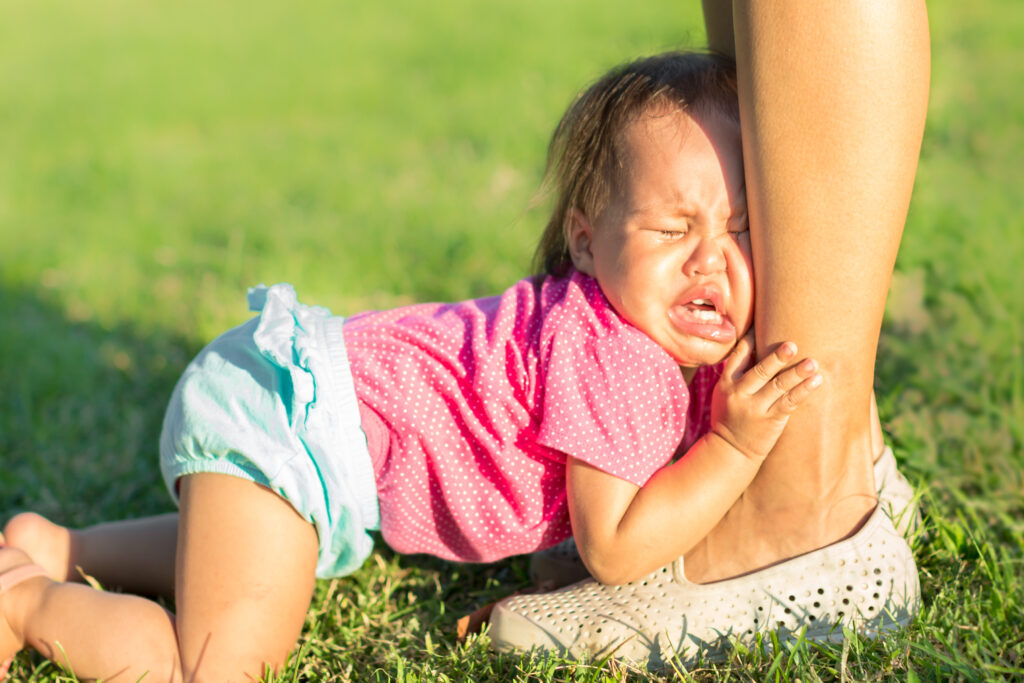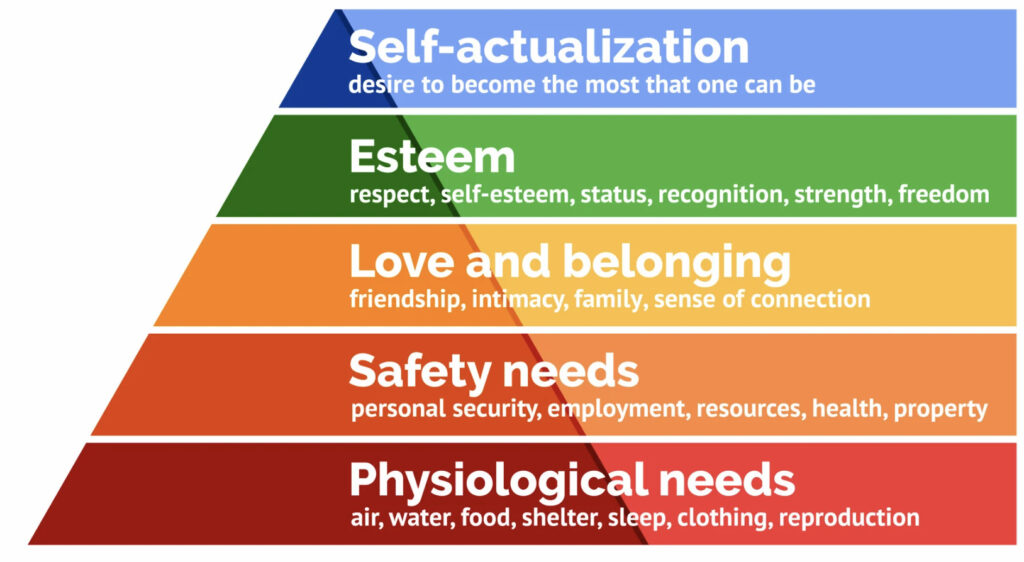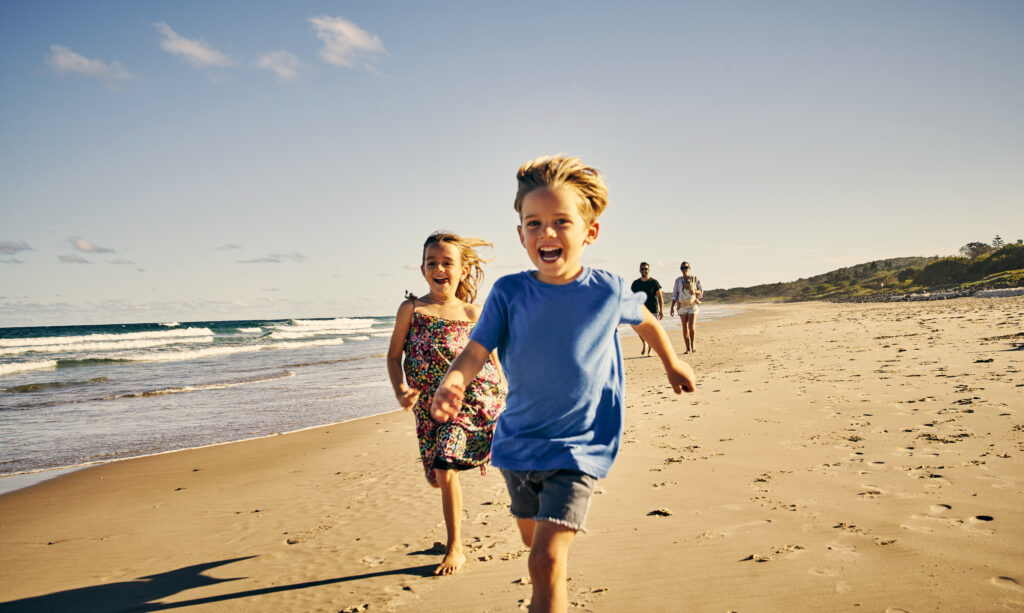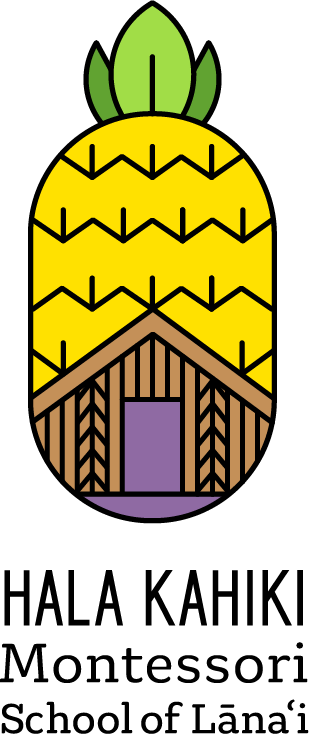When children learn new skills, we help them achieve mastery by offering support along the way – like a stool to lift themselves up when they’re learning to walk or training wheels on a bicycle. We encourage and celebrate them for their efforts; we would never punish or shame them because they haven’t yet learned to walk or ride a bike!
However, when a child exhibits "big behavior," adults sometimes resort to punishment without understanding the underlying reasons. This can perpetuate the behavior because the root cause hasn’t been addressed.

-- Ashleigh Warner, Holistic Family Psychologist
Unmet Needs Lead to Consequences. Abraham Maslow introduced the hierarchy of needs in 1943. He observed that human beings are born with an innate desire for self-actualization (the desire to become the most that one can be), but basic needs – such as food, safety, love, and self-esteem – must be met first.
Long before Maslow, Maria Montessori spoke of the fundamental needs of humans, particularly children. As a scientist, she used observation as a tool to figure out children’s need through their behavior. By observing behavior, we can get a better understanding of what is behind it.

As we observe behavior, here are key questions to ask ourselves:
- Does the child have an unmet basic human need? Do they not feel safe, do they feel judged as naughty or bad?
- Does the behavior reflect a developmental stage? A great example of this is when a child is not getting enough sleep for their age. Are they unable to keep it together because they are tired?
- What is the state of their nervous system? Were they recently excited or scared about something and now they are being asked to transition without working through that emotion?
- Finally, how is this behavior the child’s solution? Even if the behavior is a problem for you, it in some way represents a solution for the child. If we can put ourselves in the child’s shoes, then we are better able to help the child discover more appropriate alternatives.
The Role of the Adult. Respond to children, not their behavior. If we can understand the root cause of the behavior, then we are better able to offer the support the child needs to develop self-regulation skills. In Montessori education, we approach self-regulation skills the same way we approach others. And just like we equip a bike with training wheels, we need to provide children with support so they can practice the skills of self-regulation. Often that support comes with co-regulation, when we model regulation next to them.
As adults, if we look at self-regulation as a skill to be learned, it changes the feedback we give to children. In our February 2023 blog post, the role of the adult was explored during conflict resolution. It’s important to remember that this is behavior happening in front of us, not to us. Finding our calm is the first step to help children learn self-regulation. When children feel our regulated presence during their dysregulation, it is powerful and they will absorb it. Dr. Rebecca Kennedy, clinical psychologist, gives parents the analogy of being a steady pilot during the storm: “Understanding establishes connection, which brings feelings of safety, which leads to regulation."

-- Maria Montessori
In Conclusion. Children want to be seen and heard, not “fixed.” They also need to feel good in order to change. When big behavior happens, we need to avoid punitive consequences as a first response as children will not do better when they feel worse. Instead, by looking at behavior as a form of communication, we can help guide them to an emotional state where they feel valued. And then change can happen!
Remember that behavior is a response to a feeling and an unmet need; it’s not borne out of a desire make things difficult. By being curious, we can discover the root cause behind behavior. And by finding (and keeping) our calm, we can help guide children to self-regulation and positive changes in behavior.
About Hala Kahiki
Designed for children 18 months – 6 years, Hala Kahiki is the first and only authentic Montessori school on Lāna’i. Under the guiding influence of specially trained teachers, children work with multi-sensorial materials to help them learn to think critically and become well-rounded global citizens. We would love to partner with you to give your children the best-possible early childhood education; please let us know how we can help you achieve your goals for your child.




